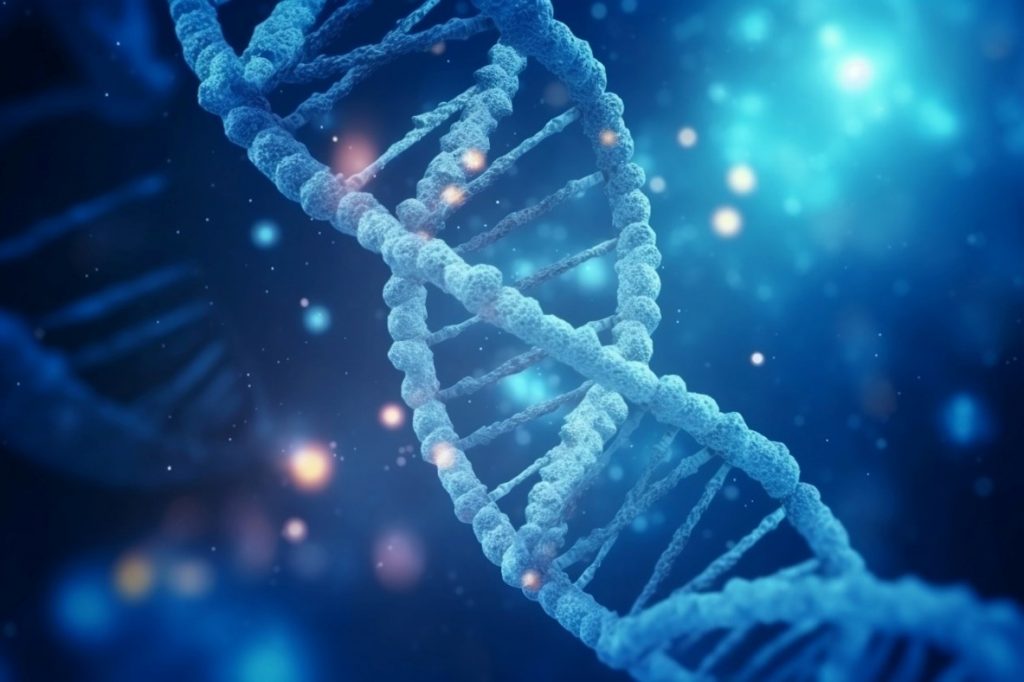Larry Ledbetter of Georgia is a dedicated patient advocate with a wealth of knowledge about rare genetic disorders. In the following article, Larry Ledbetter explores the intricacies, impacts, and experiences surrounding these lesser-known conditions.
It is crucial to gain understanding for the most rare genetic diseases before we can properly provide care for those affected by them. Let’s discuss the challenges and advancements in the field of genetics when it comes to understanding and diagnosing these diseases.
According to industry experts, some of the mysteries of rare diseases are difficult to unravel due to their new status in the field of research and treatment, and an overall
lack of information about them. However, this hasn’t stopped collaborating researchers and healthcare professionals from using what they have to support individuals who are affected.
Below, Larry Ledbetter of Georgia explores the impact genetic research can have on understanding and diagnosing, as well as technological breakthroughs and collaboration between scientists and healthcare professionals.
Larry Ledbetter of Georgia Explains What Constitutes a Rare Genetic Disease
A human being’s genetic “code” is what determines just about everything physical about them. This genetic code is found in one’s DNA, which is passed down by an individual’s ancestors through their parents, as far back as time.
However, there are instances where DNA is abnormally coded, much like a typo in computer programming. When this occurs, it is usually presents as a medical condition that is inherited from one’s DNA.
Larry Ledbetter of Georgia explains that some of the more common genetic diseases include cystic fibrosis, down syndrome, or Huntingdon’s disease. Although they are more commonly known, these diseases are considered rare in the medical field.
Additional diseases caused by genetic inheritance of DNA abnormalities include:
- Angelman Syndrome – A disease caused by a mutation in the 15th chromosome. It results in symptoms like an excess of facial movements in small children, but a lack of balance, lack of ability to walk, and very little talking.
- Artemis-SCID – A rare type of severe combined immunodeficiency, it is a mutation of the DCLRE1C gene. Affected children usually seem healthy but have an inability to fight off infection -often succumbing to the affects of this condition before the age of two.
- Batten’s Disease – A rare genetic disorder where the cells of the brain do not have tripeptidyl peptidase 1, and instead have a buildup of waste within the cells. This results in poor development, cognitive impairment, and epilepsy.

 Challenges Associated with Uncommon Diseases
Challenges Associated with Uncommon Diseases
Larry Ledbetter of Georgia says that the problem with each of the genetic disorders is in fact, their rarity. This causes even the most dedicated members of the research and scientific community to have very little data to work with when attempting to identify the cause and possible effective treatment options.
Not only that, but the very nature of a genetic disease is that the disorder itself can be found in just about every cell in the body: after all, the genetic code that “writes” the cell into existence is the source of the flaw.
Because of this, everything from diagnoses to treatment plans to ongoing research is highly challenging for researchers and healthcare professionals to overcome.
Impact of Efforts to Treat Rare Genetic Diseases
Larry Ledbetter of Georgia notes that some of the efforts to treat rare genetic diseases goes beyond simply understanding them from one angle. For example, though genetic research is highly impactful, breakthroughs in technology greatly contribute to the goal, as well.
Scientists who collaborate with those in the healthcare profession make great strides toward treating rare genetic diseases as well as understanding them, too. Altogether, there continuous advancements in diagnosing, treating, and support of patients that have been afflicted.
Genetic Research
Larry Ledbetter of Georgia says that some of the most prominent genetic research making breakthroughs for those effected by rare genetic diseases has been found in gene therapy. For example, the UNC School of Medicine has
recently tested a strategy of gene therapy involving an isoform of the UBE3A gene to reproduce the missing gene in Angelman’s disease found in tested rats.
Technological Breakthroughs
Speaking of gene therapy, it is by far the most promising avenue of genetic research.
For example, Larry Ledbetter of Georgia reports that gene editing technology called CRISPR tech is on the rise, allowing the risks involved with previous methods of gene editing to fade back and efficiency to be established.
In Conclusion
The mysteries of rare genetic diseases begins with the collaborative efforts of researchers and healthcare providers. Although the challenges, such as a shortage of relevant data and the wide-spread affect genetic diseases have on cells, are numerous, they can be overcome.
Through new technology and collaborative genetic research, families and individuals who are affected by rare genetic disease are receiving more and more support.

 Challenges Associated with Uncommon Diseases
Challenges Associated with Uncommon Diseases